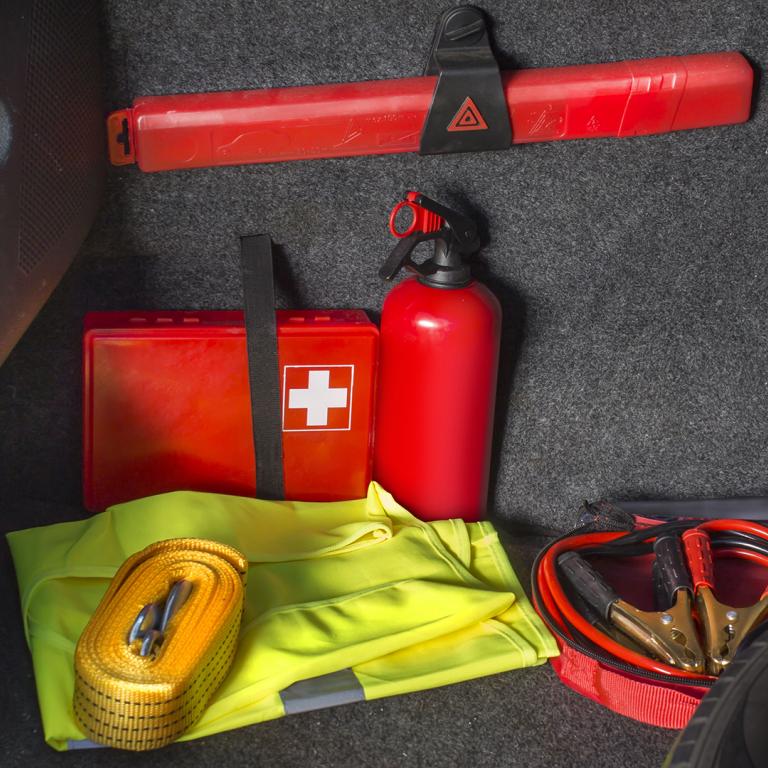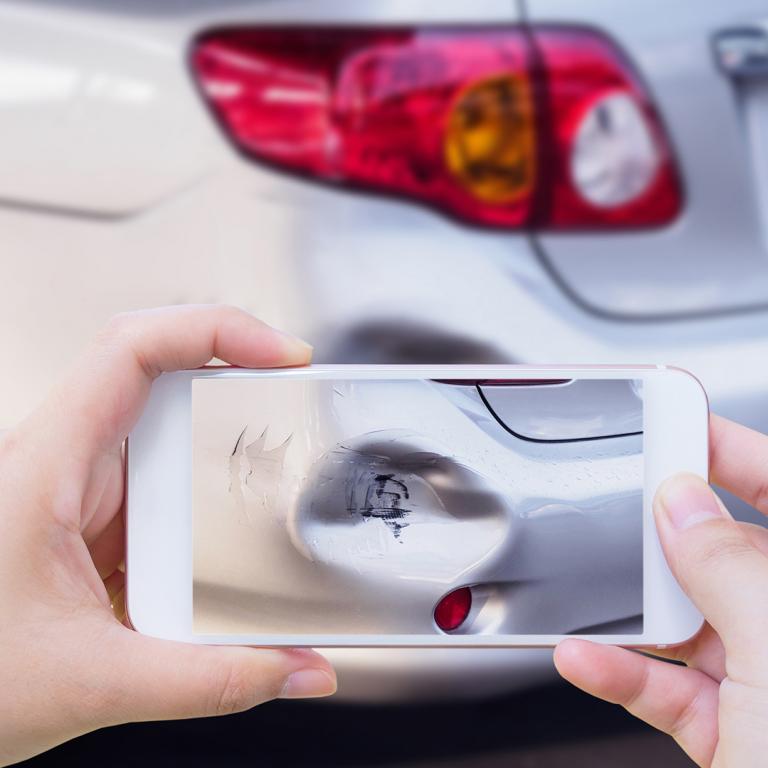

3 Steps To Take In An Emergency Before Paramedics Arrive | Ask D…

Q&A with Organizational Pro Peter Walsh + Dermatologist Shares A…

Actor Hank Azaria + Freezer Meals + Artichokes 2 Ways with Rach

See Inside Barbara Corcoran's Stunning NY Apartment + It's Steak…

How to Make Chicken and Lobster Piccata | Richard Blais

Donnie Wahlberg Spills Details About NKOTB's First Ever Conventi…

Donnie Wahlberg + Jenny McCarthy Say Rach Is Such a "Joy" + Look…

The Best Moments From 17 Seasons of the Show Will Make You Laugh…

How to Make Crabby Carbonara | Rachael Ray

Rach Chats "Firsts" In Flashback From Our First Episode Ever In …

How to Make Apple-Cider Braised Pork Chop Sandwiches with Onion …

Rach's Chef Pals Say Goodbye to Show in Surprise Video Message

How to Make Sesame Cookies | Buddy Valastro

How to Make Tortilla with Potatoes, Piquillo Peppers and Mancheg…

How to Make Shrimp Burgers | Jacques Pepin

How to Make Spanakopipasta | Rachael Ray

Andrew McCarthy Chokes Up Discussing Emotional Trip to Spain wit…

Celebrity Guests Send Farewell Messages After 17 Seasons of the …

Celebrity Guests Send Farewell Messages After 17 Seasons of the …

Andrew McCarthy Teases Upcoming "Brat Pack" Reunion Special

Michelle Obama Toasts Rach's 17 Years on the Air With a Heartfel…
Medical emergencies are scary, but the more prepared you are for a worst-case scenario, the better. And while you can never really be "ready" for an unexpected accident, you can know what to do if and when something bad happens.
Instagram's favorite doctor — Board Certified Family Medicine Physician Dr. Mike Varshavski — explains what you should do first in case of an emergency. These three steps can be taken before the paramedics even arrive, to ensure the process goes as smoothly as possible.
The first thing you should do in any emergency situation, regardless of what it is, is to call 911. But, as Dr. Mike points out, it's not enough to simply shout for someone to call 911.
After an accident, your first move should be to point at somebody specific and tell them to dial 911.
"The reason why we have to point one person out at a specific time is because if we just yell it, everyone assumes that someone else is going to do it for them and then no one ends up calling," Dr. Mike says. "Assign a role. We do that in the hospital … Because unless you do that, in a crisis it gets really crazy."
While the first responders are on their way, here are the other three things you should do:
1: WRITE DOWN MEDICATIONS & ALLERGIES
Write down a list of what medications the person takes and any allergies they have.
(Yes, an ideal plan would be to always have this information on you, but Dr. Mike likes to be realistic and understand that people are often forgetful.)
"Write it down before the EMT comes," he says. "That will make the process a lot easier."
2: ASK FOR HEALTH HISTORY
Next, be sure to find out the person's health history. "If a person is about to pass out, get it before they pass out so you can help the doctors and nurses out when they get to the hospital," the doc adds.
3: CONTACT THE PRIMARY CARE DOCTOR
And last, but certainly not least, call the person's primary care doctor so they can meet you in the emergency room and admit them if needed.
As Dr. Mike points out, "That's the best part about having a primary [care doctor] … for that continuative care, because we know what's going on."








